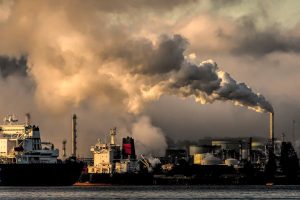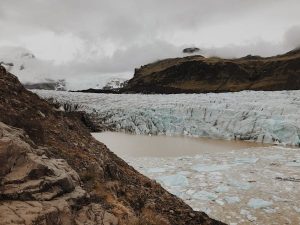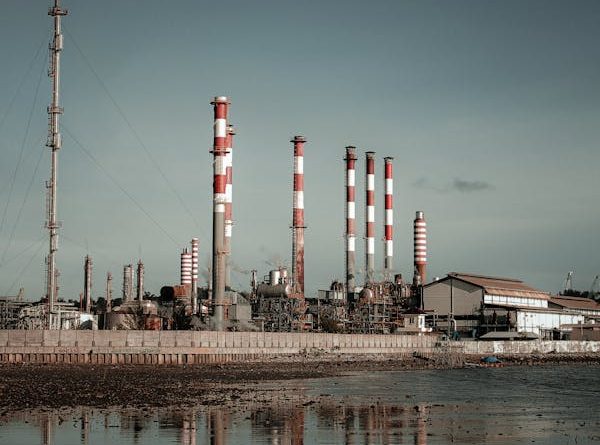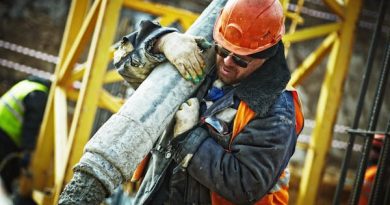Investigating the 5 Impact of Methene in London
Table of Contents
Interesting Facts about Methene

Methene, which is actually a compound, is used for chemical reactions, and impact of methene, it’s a completely chemical-based use of works and scientific matters. chemical formula for methane is that CH4 is a colorless, odorless, and highly flammable gas. It is the simplest hydrocarbon, consisting of one carbon atom bonded to four hydrogen atoms. Methane is a major component of natural gas and is produced through both natural processes and human activities. It causes more damage to human beings, and it is very dangerous for the human breathing system and some important organs.
Here going to give some additional general knowledge that Indian people are always against the government for launching activities which is methene-related plans. It is always against the people’s well-being and definitely affects the people’s health and the agricultural lands too.
Impact of methene and Global Warming?

Not directly cause methane often spelled “methane” rather than “methene”. Methane is a greenhouse gas, meaning it cause heat in the earth’s atmosphere and contributes to the greenhouse effect, which leads to global warming. The Greenhouse means it definitely the other term of affects global warming. Methane absorbs infrared radiation emitted by the Earth’s surface, preventing it from escaping into space and thereby warming the atmosphere.
Some human activities and natural processes to contribute methene emission:
1. Fossil fuel production and use
Methene produce the emission into the atmosphere and surely causes global warming. Activities such as drilling for oil and natural gas, coal mining, and transportation of fossil fuels can release methane into the atmosphere. Additionally, incomplete combustion of fossil fuels can produce methane as a byproduct. Byproduct which is simply known as additional of any other source when we focus to take out some particular source. That the atmosphere spoil badly and causes major impact in the earth’s atmosphere and affects the ground quality and more.
2. Agricultural activities

The rare species methene affects more agricultural activities and agricultural lands, which is going to affect the farmers in the country and affects the animals and the food materials like vegetables and fruits, because it completely spreads in the air around the Agri land, and the major problem is that we can’t prevent it before anything happen because it has colorless and odorless. It hates mostly by the farmers who owns agricultural land and doing farming. Livestock farming, particularly ruminant animals such as cattle, produce methane as a byproduct of their digestive processes. Rice cultivation in flooded fields also generates methane through anaerobic decomposition.
3. Landfills and waste management
This one can cause and affect without our knowledge but have chance to prevent by doing it with proper cleaning and maintaining it regularly. Organic waste in landfills undergoes anaerobic decomposition, producing methane as a byproduct. Poorly and worst managed landfills can release methane into the atmosphere. Which causes as usual damages for the human and affects the earth’s global warming. So must clean the surrounding environment in the agricultural lands and normal empty lands, no need to drop any kind of wastages on it like plastics, agricultural wastes, home wastes and more.
4. Wetlands
Everyone knows that the wetland or any land that stores water for long period of time which leads to causes methene produces. Natural wetlands, such as marshes and swamps, produce methene through anaerobic decomposition of organic matter by bacteria. Once the land is always in wet condition means which leads to produces methene from wet, which generate bacteria and more toxic substance on it. So, have to prevent and don’t keep the wetlands for long period of time.
5. Permafrost thaw

Can anyone know what permafrost thaw? which is also called as frozen ground. When the ground temperature drops to 0 c (32 f), the water trapped in sediment, soil, and pores of rocks turns into ice. As global temperatures rise, permafrost (frozen soil) in Arctic regions begins to thaw, releasing methane that has been trapped within the frozen ground for thousands of years.
And the other main fact is that once the frozen ground freezes it will be remaining same frozen ground condition for at least two years, and that is called permafrost thaw. While global warming does not directly cause methane emissions, it can create some different conditions and produces byproducts that lead to increased methane release, reducing methane emissions can help limit global warming and its associated impacts on the environment and human society.




